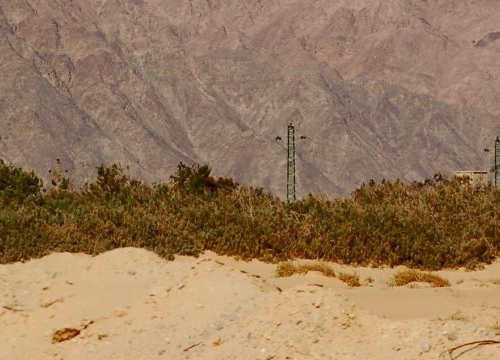New War Report Article Discusses the Ongoing Armed Violence in Sinai between Egypt and Wilayat Sinai


Dan
15 November 2019
Our new War Report article Non-International Armed Conflict To Continue in Sinai?, written by Annabel Bassil, discusses the non-international armed conflict (NIAC) between Egypt and Wilayat Sinai, an armed non-state actor that has pledged loyalty to the Islamic State group.
While Israel conducts, since mid–2015, airstrikes against Wilayat Sinai, the author indicates that the conflict remains a NIAC as the Egyptian Government consents to these strikes.
The article starts by providing background information about the conflict, its origins, parties and developments in 2019. The author then discusses whether the threshold of intensity of violence and organization of Wilayat Sinai required to classifying the situation as a NIAC are still met in 2019.
‘This article provides the keys to understand this NIAC, including the origin of the conflict and how it could evolve in the coming months’, underlines Dr Annyssa Bellal, Senior Research Fellow and Strategic Adviser on International Humanitarian Law at the Geneva Academy.
The NIAC in Egypt in the Rule of Law in Armed Conflict Online Portal
The Rule of Law in Armed Conflicts (RULAC) online portal provides a legal analysis of this NIAC that is taking place in Egypt, including an overview of the situation, their classification, parties to the conflict and applicable international law.










